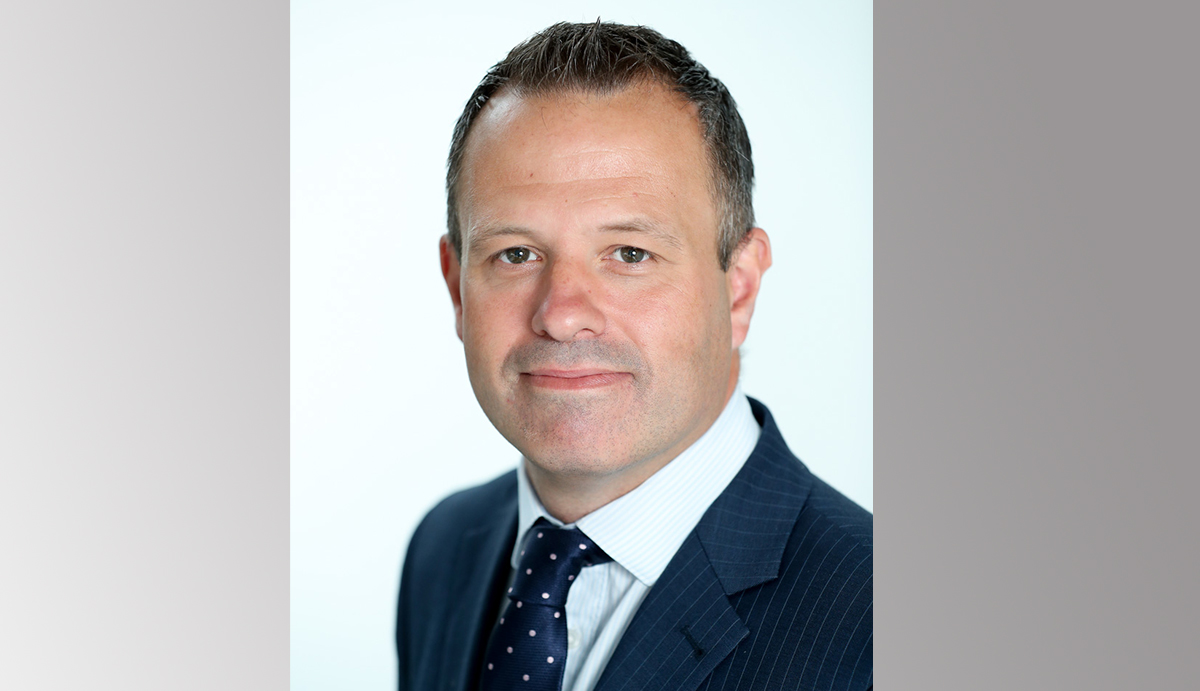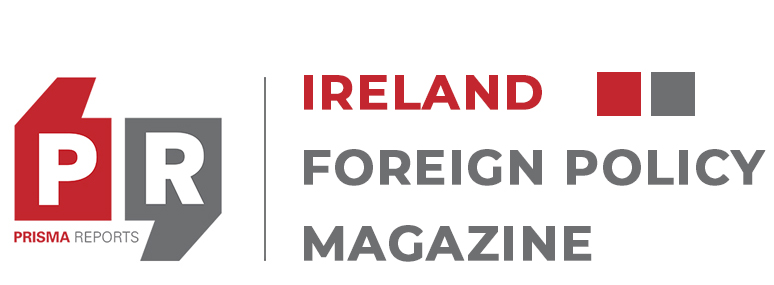
19 Sep Education sector in transition to meet tomorrow’s needs
Andrew Brownlee, CEO, SOLAS, details how the focus in education is shifting to lifelong learning and how Ireland is preparing to offer the next generation of workers the skills they need to have successful careers
How has the focus in education changed in the last decade in Ireland?
Ireland has a good reputation internationally in terms of education and talent. We have a very high level of skill completion; the vast majority of young people get through to the end of their second-level school program. We also have among the highest participation rates across the Organisation for Economic Co-operation and Development and the developed world. About two thirds of our school leavers go into university level education. However, there is growing recognition in Ireland that we need to focus on the required skills of tomorrow. The days when you would have one block of education between the ages of 17 and 20 that will serve you for the rest of your career is effectively over. We need a system where one can access continual upskilling and reskilling. That is what further education and training is about.
What does SOLAS provide for Irish citizens and industry?
SOLAS’ journey has been exciting. We were established to fund and set the strategy for new regional vocation bodies called education and training boards. Essentially, we were an exciting new system of further education and training that met the regional and industrial needs of the country. Our sector has grown significantly in the last few years; it is now being seen as a valid option for many people across the country. Certain things have become possible that one or two years ago would not have been conceived. We are now in a time of transformation where we can offer much more accessible education using online resources and different technologies.
Our sector was previously seen as specifically for the disadvantaged, the marginalized and those who did not do well academically. However, we are now relevant to everyone throughout their lives and careers. Our new strategy is based on the one following premise: making sure further education is for everyone. It does not matter what level of formal education you have. It does not matter where you are from. Our training is available in every community across Ireland and is a pathway to take you as far as you want to go. We are focusing on building skills centered around delivering industry relevant abilities, fostering inclusion and facilitating pathways. We are creating pathways by putting further education options in front of students when they are making their choices about what to do next. It is important they gain exposure to technical and vocational education. Many Irish schools are focused 100% on getting young people into higher education and are not exposing students to options in engineering, nursing and pharmaceuticals. We are trying to work in partnership with schools to offer those vocational options so students can choose further education or apprenticeship when they are ready.
How is SOLAS and the government supporting apprenticeship as an option for education?
Until five years ago apprenticeship was reserved for trades such as carpenters, plumbers, electricians and painters. Over the last five years we have worked to expand apprenticeship into many exciting areas like auctioneering, real estate, craft butchery, hospitality, software engineering and cyber security. There are now 60 apprenticeship programs available. However, our job is only half done. Although the opportunities exist, we need to create more interest in the apprenticeship option. We need employers to engage in taking on apprentices and developing future talent. The government’s new Apprenticeship Action Plan will give employers more financial incentive to take on apprentices. We need to show our young people that this is a real and valuable way into an exciting career. When school leavers choose what happens after they leave school in Ireland, it is currently entirely focused on university and higher education with no further education or apprenticeship options. We need to ensure young people have access to all information and advice to make smarter choices and invest in skills in areas that the economy requires.
How important are partnerships in creating new opportunities for the citizens of Ireland?
Partnerships are critical in terms of learning how others do things and using mutual capabilities and interests to find solutions that work on a European level and beyond. We work closely with the United Kingdom and have partners in Northern Ireland. Obviously, Brexit has created a challenge in how we will continue collaboration with new rules and regulations. However, we have a common travel area and established contacts. We also work across Europe as part of a network called European Centre for the Development of Vocational Training. We look at best practices, research future skill requirements and ensure investment is channeled into these areas as part of this association. We are looking beyond classroom-based models to online platforms and other learning models using competency based micro-credentialing. With this model education becomes something people dip in and out of throughout their lifetimes and careers.
How has the COVID-19 pandemic and subsequent lockdowns changed the education sector?
One of the first things that we did as an organization when the COVID-19 restrictions were implemented was to open our online resource that had previously been used to help unemployed people develop digital, project management and other skills. These courses were opened to those stuck at home unable to do their jobs for free. The courses are delivered online with e-tutoring support. Demand for these courses instantly increased tenfold. We went from having 6,000-7,000 learners to 34,000 learners in 2020. We also developed online models on emerging areas of critical importance. We had infection prevention control courses up and running in a matter of weeks to train healthcare professionals and people moving into healthcare to deal with the impact of the pandemic. We rolled out courses on remote working and remote leadership to help equip companies with the skills required to thrive in a virtual environment.
The pandemic has allowed us to do things much more quickly and radically than we otherwise would. We will need to find a balance as we return to physical delivery of education and training. For many learners, a purely online experience is not sufficient. We need a physical product and a community built around education and training while blending this model with online and more flexible offerings. People should be able to receive education in their own time at different stages of their lives and careers. Finding that blend is important if we are going to sustain a prosperous economy and society.
How have large foreign multinationals changed the skillsets required to succeed in Ireland?
Many U.S. companies come to Ireland to headquarter their European operations. While those in technology and pharmaceuticals are well known, there are other examples of sectors investing in the economy, our culture and our society. It has been encouraging to see how committed some of the multinationals have been. We have been working very closely with Microsoft to see how they can help us deliver our offerings. Companies like Google and Salesforce are major employers of tech apprentices, and we are increasingly developing close partnerships with these companies.
We are conscious that education is changing; a lot of companies want to train their employees in a different way and recruit people with sets of transferable skills. We need to work in partnership with these companies to design our future courses. If you are buying into Ireland, that is one of the big advantages you will have. Our education and research systems are open to collaboration with industry to design offerings that meet required skills. We do it in an agile and responsive way. Education is transforming in front of our eyes in Ireland. We will continue to focus on making sure the skills we produce are relevant to the needs of our industry partners and the global economy.

No Comments